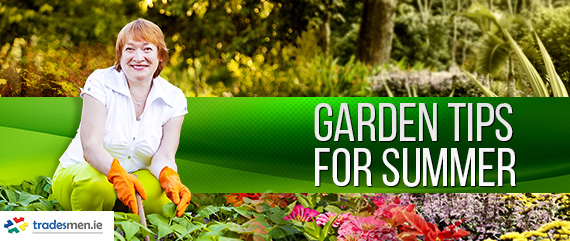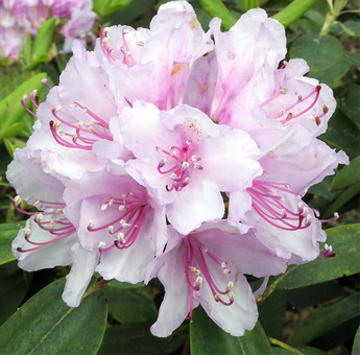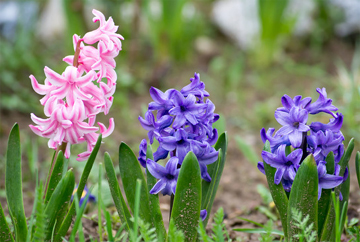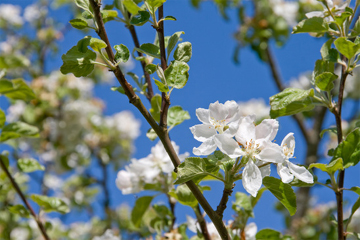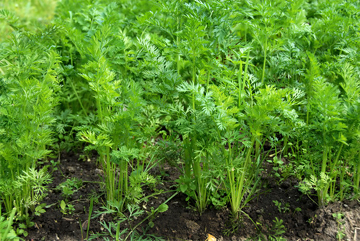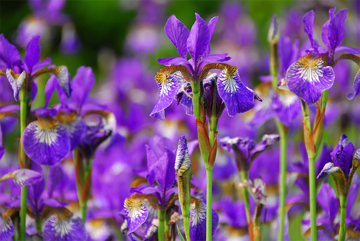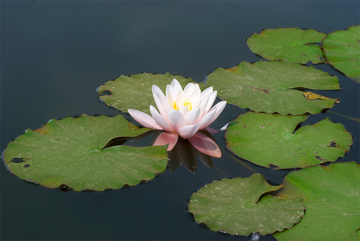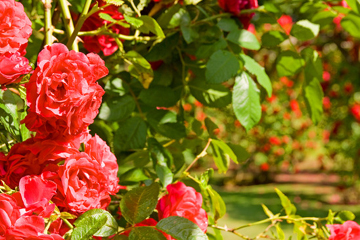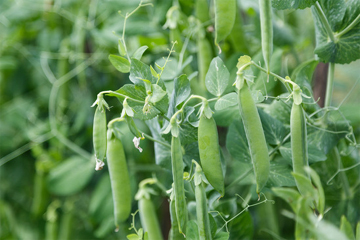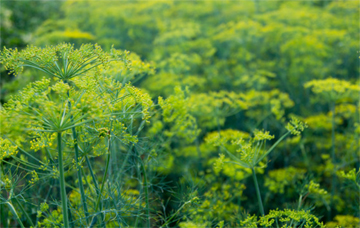Hi folks,
now that the Spring is over it’s a good time to look at garden tips for Summer. Having your garden looking nice is a great way to enjoy your home and surroundings and growing your own vegetables is better for your health and saves you money too. A keen gardening friend of mine once remarked that keeping a garden was like therapy, she said that looking after her garden was cheaper than paying a psychologist!!:-)
There is lots you can do in the garden. However, keeping a garden doesn’t have to be a big job. You can literally get started by planting a few flowers or vegetables in a window box or corner of the garden and progress from there year by year as you become more confident. There are also many gardening groups that you can join to get some more tips and keep you motivated:-) Another approach is to do some of the smaller gardening tasks yourself and hire a local gardener for the big work of planting and digging, to keep an eye out for, and spray for pests and diseases. He/she can recommend a weekly spray program if you wish to do the spraying yourself. Anyway, enough of the introduction, let’s get started, here is a list of the Summer jobs and tips for the garden below, hope you enjoy reading through them:-
Summary of Garden Jobs for May
Lawns grow well in May and June with the heat and moisture and will need to be mowed weekly. They shouldn’t need any extra fertiliser but if a lawn looks pale you could apply a high nitrogen fertiliser to give it a bit of a boost.
Roses, Flowers and Shrubs
Spray Roses regularly against aphids and fungus.
Plant out young Dahlias and Carnations when frost danger has past.
Plant out garden-flowering Chrysanthemums. Scatter slug pellets among the plants. For over-wintered stools, discard any that are seriously damaged, gently fork around the healthy stools, fertilise and water.
Remove dead flowers from Irises, Rhododendrons and Azaleas. Water if required in dry weather.
Spray Lilies for aphids and fungus.
Sow hardy and half-hardy annual flowers from seed when danger of frost has past. Control slugs.
Remove dead flowers from daffodils and hyacinths. Lift daffodils and tulips from beds to make room for Summer bedding. Where growing in a lawn, mow around the plants even when the flowers have died so that the goodness of the plant will go back down into the bulbs and make for stronger plants next year.
Plant all types of water plants and control algae by removing with a rod or stick.
You can plant out shrubs now and make sure to keep well watered until established.
Clip fast growing hedges monthly from now until September.
Fruit
Watch fruit trees for pests and spray if necessary, timing is important so ask an expert if unsure. Water during dry weather. Control weeds around trees and plants.
Vegetables and Herbs
Repeat sowing of vegetables sown earlier can be made. Thin out earlier seedlings once they start to compete for space. Control weeds and water when necessary.
Repeat sowing of herbs such as chervil, dill, fennel, hyssop and parsely. Thin out earlier sown herbs. Take cuttings from marjoram, rosemary, sage and thyme.
Summary of Garden Jobs for June
Continue to mow lawns regularly during showery weather and less often during dry weather.
Roses, Flowers and Shrubs
Spray Roses regularly against aphids and disease.
Cut back hardy herbaceous plants when they are finished flowering. Apply mulch or peat moss to conserve moisture.
Plant out Dahlias in colder parts of the country if not already planted. Spray for aphids when they appear. Apply mulch to conserve moisture and control weeds.
Pinch Chrysanthemums and Carnations to stop the flowers from blooming too early and to spread growth outwards. Watch out for pests and disease and spray accordingly.
Cut back the flowering stalk of Irises when they have finished flowering but don’t trim the leaves as they are absorbing energy for next years growth.
Continue to spray Lilies for aphids and fungus.
Finish planting half-hardy annual flower seeds. Water recently sowed plants and spray with insecticide.
Take out bulbs from beds whose foliage has turned yellow. Put bulbs in shallow boxes and dry in a well ventilated area. When dry, remove dead leaves, roots and skins and store in a cool dry place for next year. Plant out Autumn and Winter flowering bulbs in mild areas.
Finish planting water plants and continue to control algae. Treat aphids where present. Reduce the growth of surface plants to allow light to penetrate to plants underneath.
Water young Rhododendrons and Azaleas in dry weather. They don’t have much problems with disease or pests but if you notice any damage ask an expert.
Fruit
Pick gooseberries, red currants, rhubarb and strawberries when ripe. Continue to watch fruit for pests. Timing is important so ask an expert if unsure. Protect against birds if necessary. Thin fruits if crop are heavy. Clean off or cut weeds around trees and bushes.
Vegetables and Herbs
Plant brussel sprouts, winter cabbage and spring heading broccoli. Continue to plant fast maturing vegetables such as salads for use in late Summer. Thin out vegetables that have become too dense and use for the table or transplant. Control weeds and pests. Water vegetables during dry weather spells. Treat potatoes for potato blight according to blight alerts from the met office.
A neighbour of ours is planting potatoes in June and July to have new potatoes in the Autumn and at Christmas. He is able to achieve this by storing seed potatoes in a fridge at a low temperature (not too low or they’ll get frost bite) and this prevents them from sprouting too early before they are sowed.
Continue to sow chervil and dill and thin patches that have become too dense. Control weeds where necessary. Start picking herbs as required.
Summary of Garden Jobs for July
Lawns can be mown less often as growth slows. Water grass during dry weather.
Roses, Flowers and Shrubs
Continue to spray roses regularly for aphids and disease. Remove dead heads as they appear. Roses that have finished flowering could be pruned if they are taking up too much space.
Continue cutting back hardy herbaceous plants when they are finished flowering and dead heading where they are still flowering.
Stake Dahlias that are becoming top heavy and remove faded flowers.
Disbud Carnations and early flowering Chrysanthemums. Water during dry weather. Watch out for pests and disease and spray accordingly. Apply an appropriate fertiliser. Ask an expert if you need advice.
Remove old flower heads from annual flower varieties to keep them flowering. Stake taller growing plants. Water during dry weather. Feed plants to keep them growing and flowering. Use an insecticide if needed.
Take out and store tulip and daffodil bulbs. Plant Autumn flowering bulbs.
Continue to spray water plants against aphids. Top water levels where they have evaporated. Thin out surface plants if they are blocking light from penetrating to plants underneath.
Fruit
Pick black currants, cherries, gooseberries, raspberries, redcurrants, rhubarb and strawberries as they ripen. Support heavy branches of apples, pears and plums. Continue to spray fruit against pest and disease where necessary or ask a gardener to look after it. Clean off or cut weeds around trees and bushes. Prune trees after picking.
Vegetables and Herbs
Complete planting brussel sprouts, winter cabbage and spring heading broccoli. Continue to plant fast maturing vegetables such as salads for use in late Summer. Thin out vegetables that have become too dense and use for the table or transplant. Control weeds and pests. Water vegetables during dry weather spells. Treat main crop potatoes for potato blight according to warnings from the met office. Start taking out early potatoes and early sown, fast growing salads and vegetables such as lettuce, onions, french beans, peas, beetroot, broccoli, carrots, turnips and raddish.
Continue to sow chervil and dill and thin patches that have become too dense. Control weeds where necessary. Continue picking herbs as required and surplus herbs can be picked and dried for later use.
Garden Tips for Summer – Summary
Well that’s all the garden tips for Summer, I hope that gives you plenty of ideas to be going on with. As I said at the start your garden doesn’t need to be a big job if you don’t want it to. However, even by doing a little, it can give you and your family many happy hours. And don’t worry, if it gets too much just log onto tradesmen.ie and get a number of quotes from rated gardeners and they will be happy to do some or all of the work for you:-)
Cheers
Oliver Dempsey
Tradesmen.ie
1st May 2015
Here are some other articles that you might be interested in below:-
Low Maintenance Garden Cost Survey
Water Charges – Conserving Water in the Home and Garden
Gardening Tips For Wet Weather
Home Improvement Tips that Add Value to your Home
Tips for Removing Common Stains in the Home
Tips for Reducing your Heating Bill
Home Improvement Tips for Wet Weather

